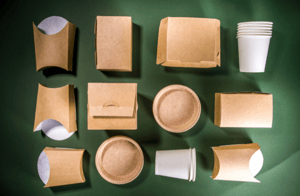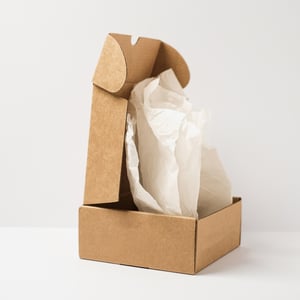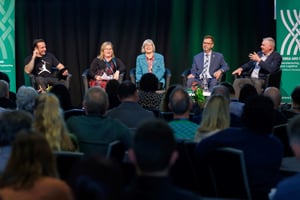
New Zealand facilities that accept compostable packaging and food serviceware
Where can commercially compostable packaging and serviceware be processed in New Zealand?
Why can some facilities accept compostable packaging and others not?
In New Zealand, commercial composters use a variety of methods to create compost such as windrow, aerated static piles, vermicomposting, or in-vessel methods and the compostable items that go into a commercial composting system are called feedstock.
Composting facilities need to apply for a resource consent to operate and the conditions of the resource consent can limit and/or restrict the type of feedstock they can accept. Composting facilities in New Zealand can generally be classified as:
Greenwaste processing facilities
These facilities process garden waste, bark and wood chip to make compost or mulch and generally don’t have a resource consent or an appropriate composting process to accept food waste or compostable packaging.
Industrial composting facilities
These facilities process complex waste streams such as food waste, waste from abattoirs or fish processing facilities, sludge etc. and are more likely to be able to process compostable packaging. However, resource consent conditions can vary and may not allow for compostable packaging.
Litter is an issue as lightweight compostable packaging is susceptible to being wind-borne and litter management is a requirement of a commercial composter receiving a resource consent. This is particularly problematic if a composting facility is located near waterways or the ocean.
Other reasons that composting facilities may be unable to accept compostable packaging include:
- contamination issues (i.e. unwanted materials ending up in the mix)
- a lack of means to clearly identify certified compostable materials
- the length of a facility’s processing time
- issues with ratios of nitrogen-rich material (i.e. garden and food waste) versus carbon-rich material (i.e. compostable packaging)
- organic input restrictions, for example, organic certification (such as New Zealand’s BioGro organic certification) excludes any PLA (polylactic acid, plant-based plastic) feedstock.

Compostable packaging manufacturers offering takeback services
Compost Connect
Compost Connect is an online platform that connects food service businesses like cafes, restaurants, schools and more with industrial composters in their area. This industry-led, not-for-profit organisation was developed by sustainable packaging manufacturer BioPak, so foodservice can compost their food scraps and compostable packaging together, eventually turning them into rich composting soil. Go to the Compost Connect website and search for your are to find local Compost Connect members. There are plans to add Compost Connect Collection Points in the future.
Compost Collect
Ecoware have established the Compost Collect programme in 7 of New Zealand’s main cities to provide a full circle composting solution for their customers. Find out more here.
Decent Packaging - The Full Package - Return
Decent Packaging have a programme called "The Full Package - Return" which is aimed at those who are not local to a composting facility or collection agent but want to dispose of their compostable packaging correctly.






